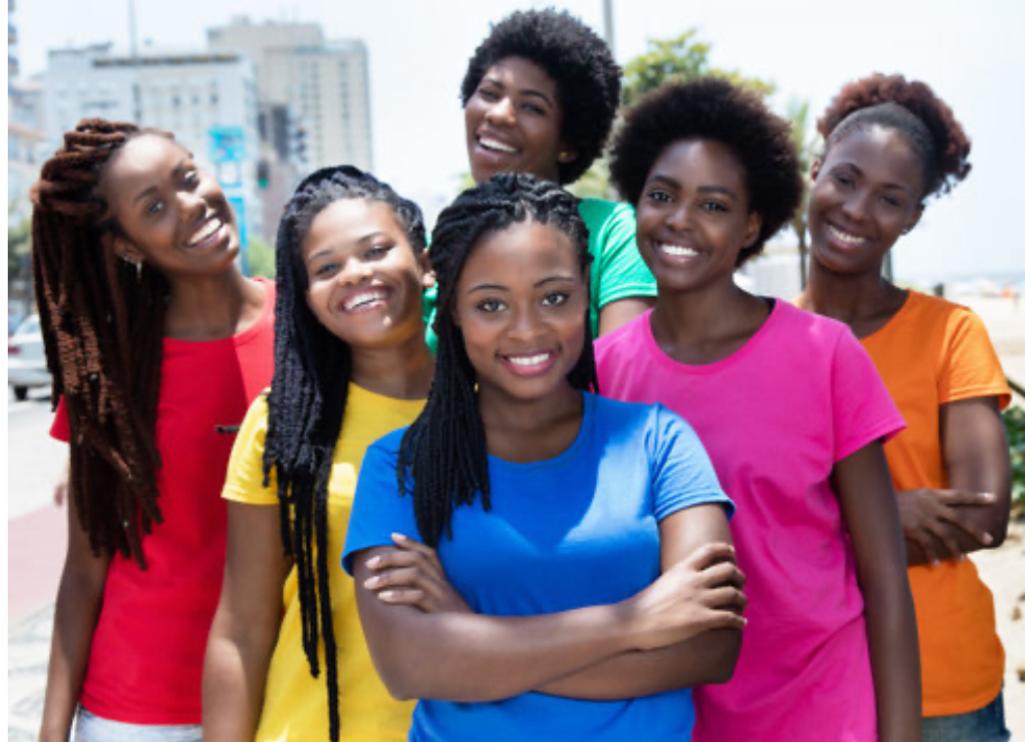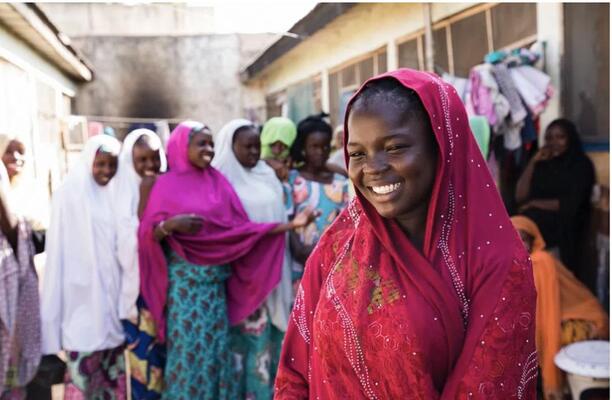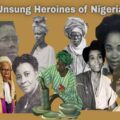By Sunkanmi Adewunmi
Being a woman in Nigeria today means balancing tradition and progress. Despite challenges like low literacy rates (only 52.7% of young women can read) and lingering harmful norms (48% believe wife-beating can be justified), many Nigerian women are defying the odds—pursuing education, starting businesses, and driving social change. Their resilience is reshaping the narrative.
Women in Nigeria often confront multiple barriers. Common challenges include:
- Gender Bias & Domestic Roles: Many communities still expect women to prioritize home and family. Girls are often raised to marry young, which can cut short education or careers.
- Educational Barriers: School attendance and literacy lag for girls. Early marriage and poverty force some girls out of school. As a result, only about 53% of young Nigerian women are literate, making it harder to gain good jobs.
- Violence & Harassment: Gender-based violence is widespread. Reports of rape jumped from 29% to 65% between 2020 and 2022. Alarmingly, nearly half of women (48.2%) still say a man can justify beating his wife under some circumstances. Harassment on the streets and online also makes many women feel unsafe.
- Health & Autonomy: Women often have little say over their own health. Over 71% of married women report lacking control over reproductive choices (contraception, family planning). In some areas, girls face risks like female genital mutilation or being forced into marriage before adulthood (about 12.5% of women were married before age 15). Such limits on autonomy can derail life plans.

Building Strength and Seeking Change
Across Nigeria, women are finding innovative ways to improve their lives—especially through entrepreneurship and technology. In cities like Lagos and Abuja, female entrepreneurs use smartphones to take online courses, build networks, and share business ideas in WhatsApp groups. Mobile money tools also help them save and invest.
Grassroots activism is growing too. Campaigns like the 2018 #YabaMarch, which protested sexual harassment, sparked nationwide conversations. Online, women share stories, challenge harmful norms, and demand change.
Many also draw strength from tradition and community. Elders pass down skills like sewing and farming, while local savings groups (ajo) help women fund small businesses. Together, these modern and cultural tools are helping women shape brighter futures.

Key Empowerment Strategies
Despite the odds, Nigerian women are finding powerful ways to uplift themselves and others:
- Education & Skills: Scholarships and vocational training help more girls gain access to education and professional growth.
- Entrepreneurship: With limited job options, many women launch small businesses, supported by microfinance and cooperative savings schemes.
- Digital Activism: Social media movements give women a platform to speak out, build solidarity, and demand change.
- Technology Use: Though access is uneven, more women now use smartphones and online courses to learn, trade, and connect.
- Community & Advocacy: NGOs and women’s groups mentor girls, fight gender bias, and promote female role models in leadership.
Being a woman in Nigeria today means facing both hardship and hope. Despite challenges like inequality and sexism, more women are rising—pursuing education, launching businesses, and demanding their place in society. Each small victory, from a girl staying in school to a woman leading change, reshapes the future. In 2025, Nigerian women are bold, resilient, and determined to build a better world one step at a time.








